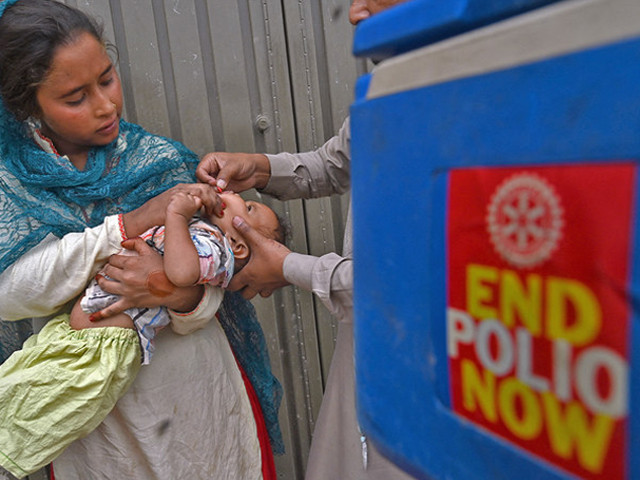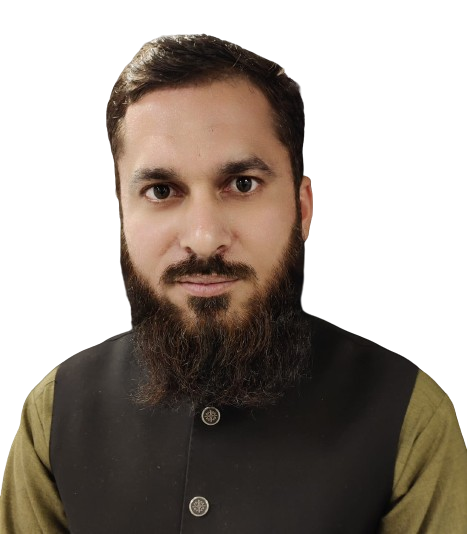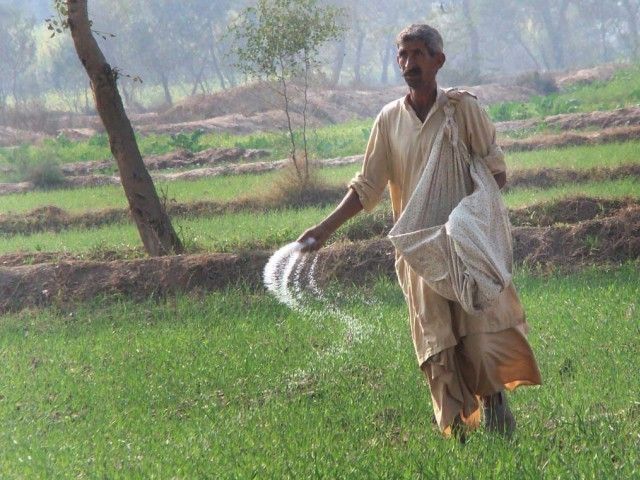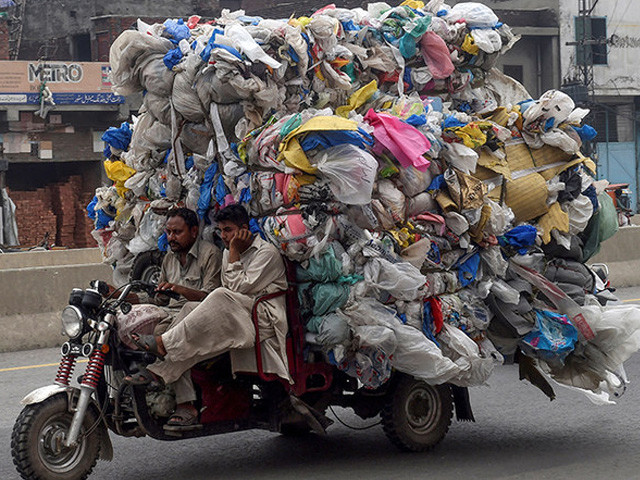
Pakistan vs polio: Defending the guardians of health
In the wake of the harrowing attack on police officers guarding a polio team in Bajaur, a profound reflection is necessary on Pakistan's ongoing battle, not only against polio but also against the deep-rooted mistrust and misinformation that endangers those striving to eradicate this disease. This recent tragedy, discussed with gravity in the federal cabinet meeting chaired by caretaker Prime Minister Anwarul Haq Kakar, is not just an isolated incident but a symptom of a larger, more pervasive problem.
As one of the last two bastions of polio, Pakistan's journey towards eradicating this crippling disease has been tumultuous, marred by these recurrent violent attacks. These attacks are not mere acts of violence; they are manifestations of deeply entrenched fears and misconceptions about the polio vaccine, often exploited by extremist elements. They portray a harrowing picture: a battle that is not just medical but also ideological.
The key to overcoming this challenge lies not only in enhancing security measures or intensifying vaccination drives. It requires a more nuanced, empathetic approach that addresses the root causes of such hostility. Central to this strategy is the role of community engagement and education. The mistrust in certain communities towards the polio vaccine stems from a lack of understanding, often exacerbated by misinformation. Therefore, it is crucial to involve local leaders, religious scholars, and influencers who can resonate with these communities, dispelling myths and advocating for the health and well-being of children.
Moreover, countering the narrative that polio vaccination is a western ploy demands a strategic communication approach. This involves not just dispelling myths but also building a narrative that aligns with local cultural and religious beliefs. The government, along with NGOs and community-based organisations, should prioritise creating awareness campaigns that are culturally sensitive and linguistically appropriate.
The security of polio workers is paramount. The sacrifices of those who have lost their lives in this noble cause must not be in vain. While enhanced security is essential, it's equally important to understand that militarising the campaign isn't a sustainable solution. There needs to be a balance between providing security and ensuring that the presence of security personnel doesn't further isolate the communities. Furthermore, this issue is a stark reminder of the broader challenges facing Pakistan's health infrastructure. Strengthening the overall healthcare system and ensuring it reaches the most remote and marginalised areas can foster a sense of trust in government-led health initiatives. When people witness the tangible benefits of a robust healthcare system, their confidence in programmes like polio vaccination is likely to increase. Legal action against those who attack health workers is necessary, but it's only a part of the solution. There should be a comprehensive strategy to address the ideologies fuelling such violence. This requires cooperation between different segments of society, including religious and community leaders, to denounce and counteract the misinformation that leads to such attacks.
On a global scale, Pakistan's struggle against polio is not just a national issue; it's a matter of international public health. The world has come tantalisingly close to eradicating polio, and setbacks in Pakistan have implications for global health security. International support, therefore, should not only be in terms of funding and resources but also in sharing expertise and best practises.
In conclusion, the fight against polio in Pakistan is a complex one, involving more than just administering vaccines. It's a fight against misinformation, fear, and deep-rooted mistrust. The government's resolve, as echoed by the prime minister, to continue this fight until the complete eradication of polio is commendable. But to achieve this goal, Pakistan needs a holistic approach that goes beyond mere vaccination drives. It requires a concerted effort that combines security, education, community engagement, and a strong, empathetic narrative that resonates with the people. Only then can Pakistan hope to protect its future generations not just from polio but also from the darkness of ignorance and fear.




COMMENTS
Comments are moderated and generally will be posted if they are on-topic and not abusive.
For more information, please see our Comments FAQ